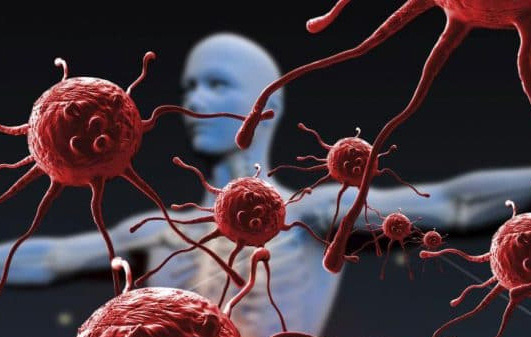Within the past years, the spring sea-son has ushered in with concerns for Afghan people as the Taliban declared their spring offensive against the Afghan government, which took heavy toll on Afghan soldiers and civilians.
This year, Afghans held out hope that violence would be mitigated for a longer period of time or ceasefire would be declared with the peace deal signed between the United States and the Taliban little before the spring. The public anticipated that the Afghan government and the Taliban would prepare for intra-Afghan dialogue so that they could sit at the negotiating table. However, their dreams did not come true. The preconditions set in the US-Taliban peace agreement appears to be too complicated and heavy for the Afghan government to accept easily. The “reduction in violence” came to an end, however, violence was not mitigated to a satisfactory extent. The new solar year came with a deadly incident in Zabul province. Infiltrating the Afghan army, Taliban members killed 24 Afghan soldiers in Zabul on March 20. Attacks of such nature trigger concern over the Taliban’s lukewarm response to peace and many Taliban commanders are unwilling to succumb to peace and unlikely to obey their leaders’ decree to stop conflict or commit to peace in the future. In the meantime, Asadullah Khalid, the acting Defense Minister, reiterated on March 19 that the Afghan defense and security forces had turned from defensive state to active de-fensive state. He added that Afghan continued their defensive position in the last week of “reduction in violence”, however, the Taliban resumed their attacks. According to Khalid, active defense means that wherever the hostile group prepared for attacks, Afghan security forces have the right to defend them-selves. It seems that security forces predict more attacks from the Taliban side and, there-fore, adopted a change in their defensive approach, declared during the period of “reduction in violence”.
If peace talks are not started between the Afghan government and the Taliban, the two sides are most likely to reinforce their attacks against each other so as to bring each other to their knees in the battlefields.
In addition, political feud between President Ashraf Ghani and Abdullah Abdullah has also reached its peak and there seems no sign of agreement. All struggles for resolving the political tension have reached deadlock. Neither side has signaled to change their political stance or seek to resolve their political challenge in the near future. Both President Ghani and Abdullah persist on their remarks. After the signing of peace deal, the US ad-opted a passive approach regarding the issue of peace. The US Special Representative for Afghanistan Reconciliation Zalmay Khalilzad has reiterated that the Taliban prisoners have to be released forthwith with the spread of the coronavirus disease. The Afghan government reluctantly accepted the release of 5,000 Taliban prisoners, set in the US-Taliban peace agreement.
Meanwhile, the emergence of virus also posed threat to the Afghan government and people. The government, similar to many regions and states, have also centralized all its struggles on combating the COVID-19. Without being prepared for, the Afghan government has been open to waves of Afghan refugees re-turning or being deported to the country from Iran. It comes as the Afghan government is not able to accept such a large number of refugees even at a normal situation let alone those people carry the disease with them.
With the spread of the COVID-19, the global states, especially those engaged with the Afghan peace issue, has concentrated the bulk of their attention to combating the virus and closed their borders. As a result, many regional and global meetings have been either conducted through video-conference or can-celled. On March 19, Khalilzad pointed out that after consulting with the both sides, the US found out that the technical teams of the two sides are able to work in tandem, but since restrictions are set on traveling with the emergence of the coronavirus, real contacts will not be possible.
The crisis emerged in the wake of coronavirus in the globe and has seriously engaged the world leaving little room for politicians to pay attention to the peace issue. It will be over optimistic to say that Afghanistan may not be more seriously involved in the coronavirus or else the country will enter a highly perilous phase and the overwhelming issue of the dis-ease will make the situation further complicated and unpredictable.
Home » Opinion » Deadlock of Peace and Policy Under the Shadow of COVID-19
Deadlock of Peace and Policy Under the Shadow of COVID-19
| Moh. Reza Huwaida

